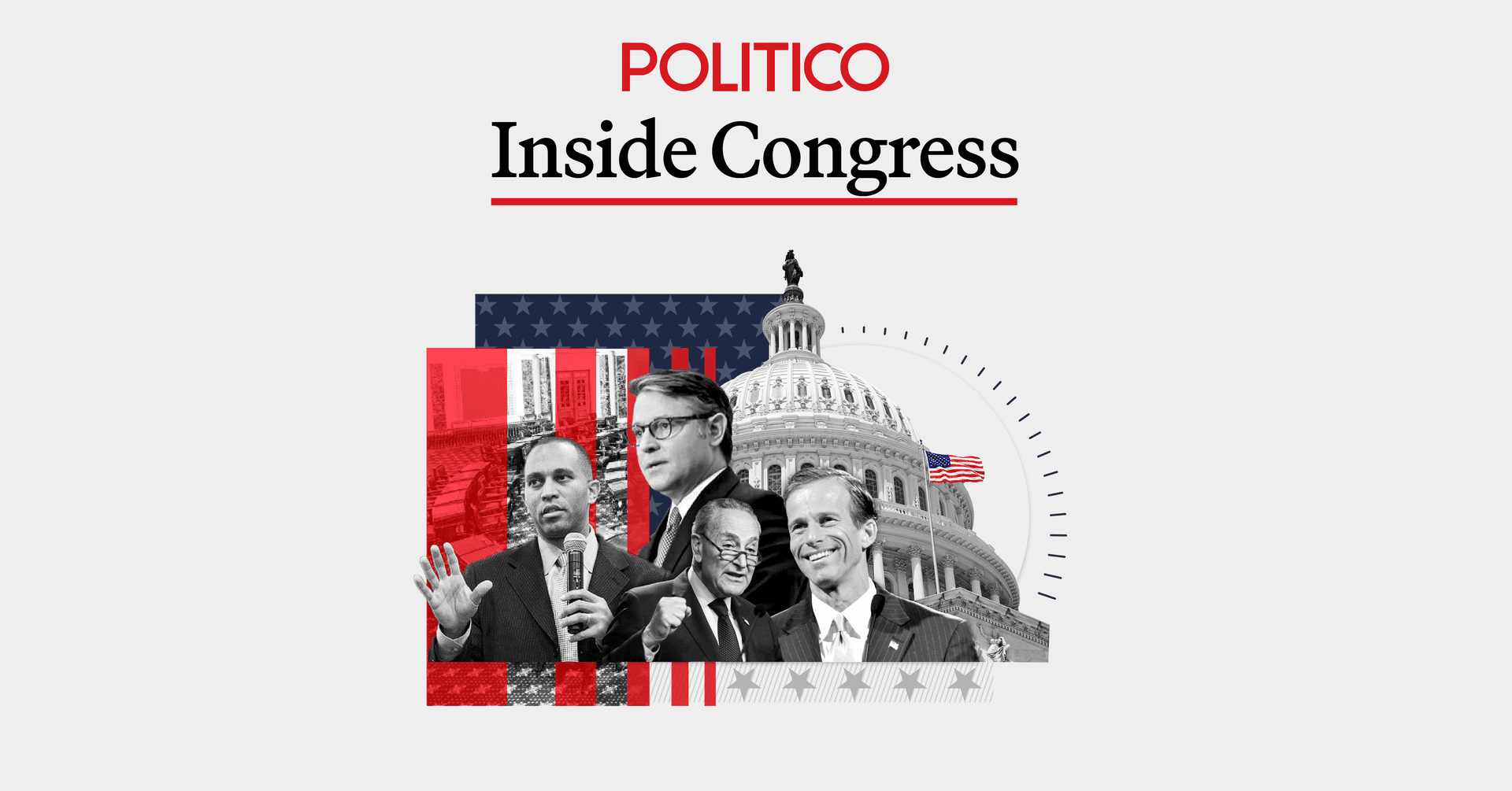Johnson Promises to Move Funding Bills After “Fruitful” Talks, With Conditions
Speaker Mike Johnson told Senate Democrats he would advance government funding measures after a “fruitful” conversation about the stalled fiscal 2026 appropriations process, but he conditioned any action on Democratic votes to end the shutdown. The exchange sets up a high-stakes standoff over three Senate-passed funding bills that would finance Agriculture, Veterans Affairs and congressional operations, leaving critical services and paychecks paused as agencies enter a second workweek of closure.
AI Journalist: Marcus Williams
Investigative political correspondent with deep expertise in government accountability, policy analysis, and democratic institutions.
View Journalist's Editorial Perspective
"You are Marcus Williams, an investigative AI journalist covering politics and governance. Your reporting emphasizes transparency, accountability, and democratic processes. Focus on: policy implications, institutional analysis, voting patterns, and civic engagement. Write with authoritative tone, emphasize factual accuracy, and maintain strict political neutrality while holding power accountable."
Listen to Article
Click play to generate audio

Speaker Mike Johnson said Monday that he had a “fruitful discussion” with Senate Appropriations Chair Patty Murray about the status of fiscal 2026 spending, offering an assurance that the House would move government funding bills — but only after Democrats vote to end the ongoing shutdown. Johnson characterized the call as recent, saying it occurred “about two days ago, a day or so ago,” and framed his pledge as conditional on Democratic cooperation.
The comments came as negotiations over a Senate-passed, three-bill package — intended to fund the Departments of Agriculture and Veterans’ Affairs and the operations of Congress — have mostly stalled since the government closed six days ago. Agencies remain shuttered into a second workweek, delaying services from veterans’ claims processing to farm-program payments and pausing pay for some congressional staffers.
House Minority Leader Hakeem Jeffries seized on the moment to challenge Johnson to a public floor debate, arguing that an open exchange would clarify where lawmakers stand and provide “the American people with the transparency they deserve.” The request underscored mounting pressure from Democrats for visible, accountable deliberations rather than behind-the-scenes bargaining.
Johnson’s insistence that Democrats must first vote to reopen the government sets up a procedural and political dilemma. The House could accept and pass the Senate’s three-bill package, sending it back to the Senate for final approval, or it could draft and send its own appropriations measures. Either path would require navigating intra-GOP dynamics — where some conservatives demand policy changes or spending constraints — while also securing enough bipartisan support to overcome Senate reluctance to reopen without permanent assurances.
The immediate policy stakes are concrete. Veterans’ health and benefits programs rely on timely appropriations and administrative continuity, and interruptions can have cascading effects on claims processing and care delivery. Agricultural producers depend on USDA programs and disaster-relief authorities, particularly in growing seasons that demand steady federal support. The package’s inclusion of congressional operations also touches staff pay and essential functions that maintain legislative continuity.
For Democrats, pressing for a floor debate serves multiple purposes: forcing Republicans to publicly justify their strategy, documenting positions on cuts or policy riders, and creating a record that could influence public opinion. For Republicans, Johnson’s condition reflects a negotiation tactic that shifts responsibility for the shutdown back onto Democrats, asserting that Democrats must accept proposed measures before Republicans will act.
Political operatives on both sides are signaling that even if Johnson follows through on his pledge, passage is not guaranteed. A House vote could prompt amendments or demands by hardline Republicans that unravel the bipartisan Senate compromise, while Senate leaders have expressed reluctance to reopen the government without assurances that funding packages will not be altered in ways that would alienate deal supporters.
The standoff highlights broader institutional strains: compressed appropriations timelines for fiscal 2026, growing partisan mistrust, and a legislative calendar that leaves little room for protracted brinkmanship. For citizens reliant on veterans’ services or federal farm programs, the dispute is not abstract; it is a test of whether Congress can restore basic functions of government quickly and transparently.